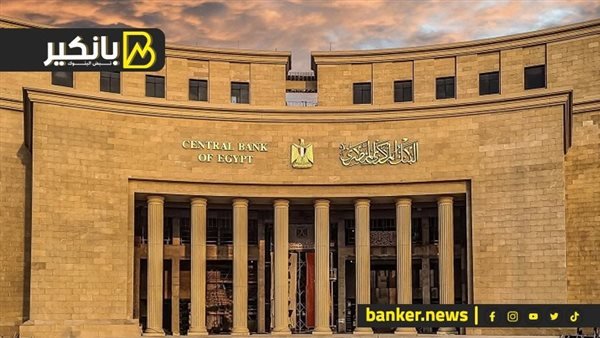
The Egyptian pound continued its decline against foreign currencies at the end of trading on Thursday, as it reached its lowest levels since its devaluation in March, amid important statements from the International Monetary Fund regarding the details of the fourth review.
The pound is currently trading near 50 to the US dollar, the weakest level since Egypt reduced its value by about 40% in an attempt to attract foreign financing.
This decline comes as the Egyptian government discusses with the International Monetary Fund its progress in achieving reform goals within an $8 billion loan package.
Great progress
The Fund noted on Wednesday that “significant progress” had been made, but said that more discussions were needed in the coming days before completing the review, which would open the way for the disbursement of a $1.3 billion tranche.
Egyptian Prime Minister Mostafa Madbouly said discussions this month in Cairo were “positive,” and he expects the fund review to be completed within two days.
The International Monetary Fund mission to Egypt revealed that the Central Bank “confirmed its commitment to maintaining the flexible exchange rate system” to protect the economy from external shocks, praising at the same time the major reforms that Egypt implemented to maintain macroeconomic stability.
A statement issued by the Fund at the conclusion of the mission’s visit led by Ivana Vladkova Hollar noted that “significant progress has been made” in discussions between the government and the Fund, towards completing the fourth review under the expanded Egyptian economic support program worth $8 billion, which was approved last March.
Before the devaluation in March, the pound had remained flat for about a year, and in the eyes of global investors it had become significantly overvalued, halting foreign inflows and investments.
Since May, the pound has fallen by about 5% against the dollar, which is in line with the performance of other emerging market currencies.
Reasons for the decline of the pound
Mohamed Abu Basha, head of research at investment bank EFG Hermes in Cairo, said in an interview with Bloomberg that it is “just a matter of time” to resolve some issues, and then the review will conclude soon.
The IMF called on Egypt to accelerate plans to sell government assets and implement reforms to reduce the state’s role in the economy. He also called for reducing some tax exemptions, especially with regard to value-added tax, to boost revenues. In addition, the Fund stressed the need to support the social safety network in Egypt while reducing subsidies on fuel and food.
The devaluation of the pound in March and raising interest rates to curb inflation, which reached about 36%, helped Egypt double its loan agreement with the Fund. This financing comes within a global financing program that began with an investment worth $35 billion from the United Arab Emirates.
The central bank’s monetary policy committee, which meets on Thursday, is expected to keep the key interest rate at 27.25%. Most economists are likely to postpone the start of the interest rate cut until next March.
The pound’s recent decline is partly due to the central bank easing restrictions on companies purchasing foreign currencies, according to Farouk Soussa, Middle East and North Africa economist at Goldman Sachs.
At the end of October, Egyptian banks were able to provide dollars more freely to customers. Before that, lenders had to obtain central bank approval to sell foreign currency to some sectors of the economy, including car and furniture importers.
In recent days, foreign demand for the pound has also declined due to global factors, according to Sousse, who noted that investor confidence in emerging markets is currently weak as a result of the escalation of the Russian war in Ukraine and the strength of the dollar since Donald Trump won the US presidential elections.
The dollar today against the Egyptian pound
The highest price of the dollar today in Egypt so far was recorded at Abu Dhabi Islamic Bank, where it reached the level of 49.84 pounds for purchase and 49.94 pounds for sale.
In other banks, such as the National Bank of Egypt, the largest government bank in Egypt, the price of the dollar reached 49.62 pounds for purchase, and the selling price at 49.72 pounds.
As for the largest private sector bank in Egypt, the Commercial International Bank (CIB), the price of the dollar recorded 49.62 pounds for purchase, and the selling price at 49.72 pounds.



